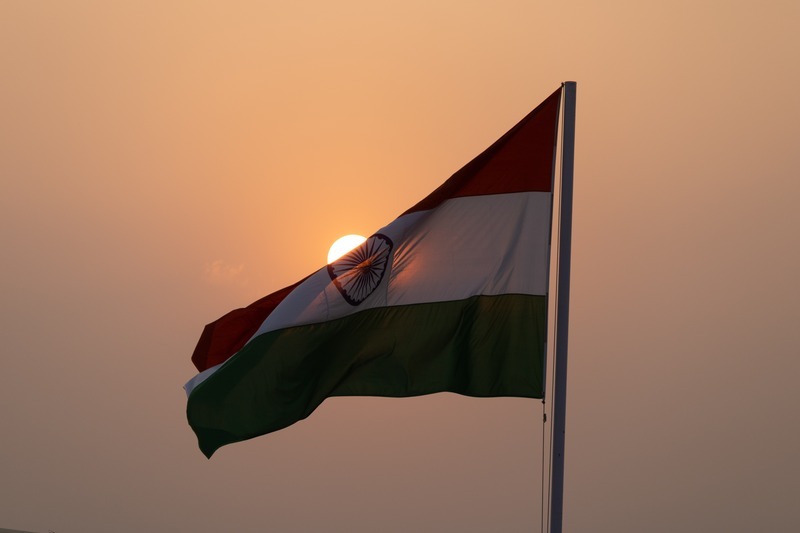
Christian persecution in India is still rampant and is still a pressing issue until now. India is one of the leading countries that are hard and struggling to practice Christianity; right now, India is number 11 out of the 50 top countries in Christian persecution according to Christianity Daily.
In India, despite the country's reputation as a democratic nation with religious equality enshrined in law, the rise of Hindutva, a false ideology that claims only Hindus are true Indians, has made it a dangerous place for Christians to practice their faith.
Christian Persecution and Other Religions in India Continues
According to Open Doors U.K., the spread of this ideology has led to a wave of violence against religious minorities, who are often seen as having "foreign" roots and, therefore, subject to expulsion. The implementation of anti-conversion laws meant to prevent Hindus from being forcibly converted has only served to escalate the situation.
These laws are frequently abused as a means of harassing and intimidating Christians, even when they are engaged in peaceful activities such as distributing aid or holding private church meetings. Sadly, these laws do not seem to offer any protection against the coercion of Christians into Hinduism.
In an article shared by MSN, the run-up to elections in India has seen a rise in reports of violence against Muslims, a trend that political scientists attribute to Hindu political parties' attempts to mobilize their base.
In the southern Chhattisgarh region of Bastar, however, the target of violence has been the Christian community. In December, violence erupted in around 100 villages and has escalated.
Incidents such as the attack on a Catholic church in Narayanpur town by members of the Janjati Suraksha Manch, and the destruction of two churches in Chimmdi village by a mob of 200 men, have created a climate of fear and insecurity for Christians in the region. The message left by the attackers, "If you don't leave Christianity then the same will happen again," has forced many Christians to abandon their homes and communities.
The Introduction and Evolution of Christianity in India: From Saint Thomas to Homecoming Ceremonies
In the article of the Washington Post, Saint Thomas is believed to have introduced Christianity to the Indian subcontinent when he arrived in Kerala in the year A.D. 52. In the early years of independent India, Prime Minister Jawaharlal Nehru and the Indian National Congress party, with a leftist political stance, were concerned about the potential impact of foreign missionaries on the country's tribal cultures and as a result, banned their presence.
On the political right, similar worries persisted. In the 1990s, BJP leader Dilip Singh Judeo initiated "homecoming" ceremonies in Chhattisgarh, in which Christian converts were brought together and washed their feet. Hindu priests would then break a coconut on the ground, after which the Indigenous people would be declared Hindus regardless of their prior religious practices. This practice reflects the historical view of Indigenous people as "unclaimed souls," up for grabs by any religious group, as noted by prominent human rights lawyer Shalini Gera, based in Bastar.
Related Article: Mob Violence Against Christians Forces Difficult Decisions in Central India



















